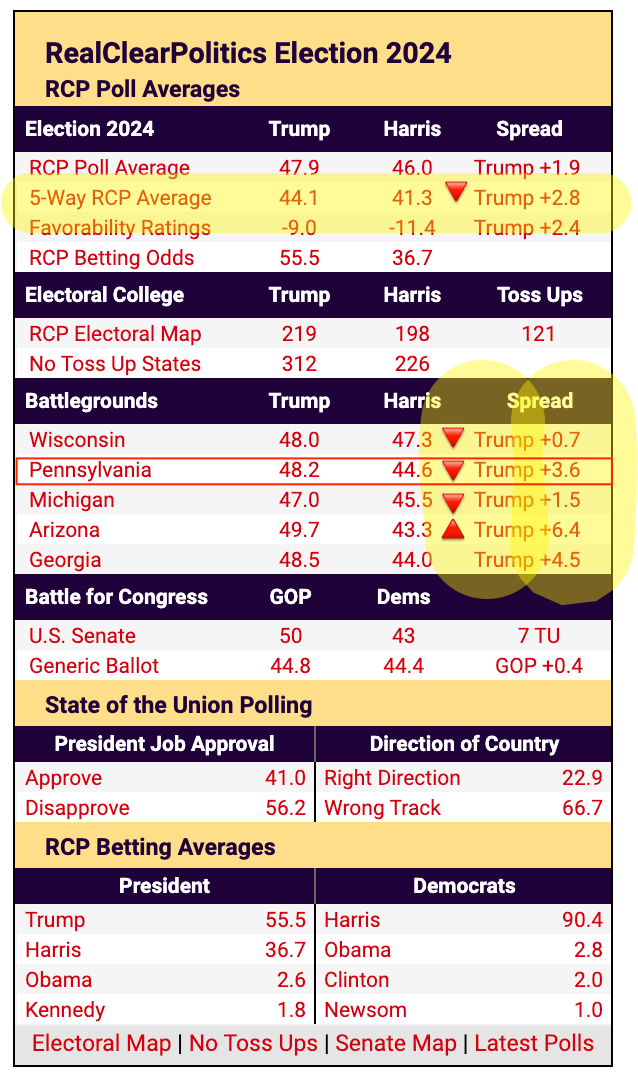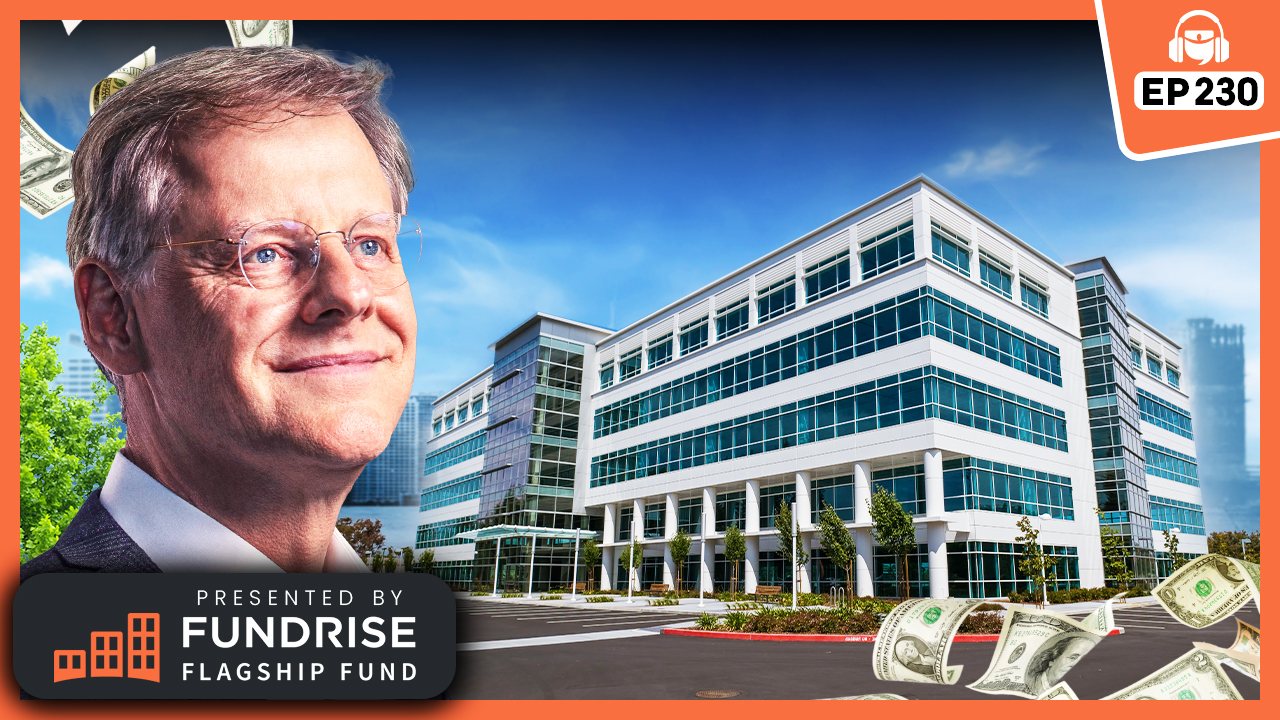Nearly everybody I meet is sad with the way in which that Twitter moderates content material. However they’re sad in numerous methods. Why isn’t there a typically accepted strategy to content material moderation? What makes it so troublesome?
I think that many individuals have an excessively optimistic view of how straightforward it’s to reasonable content material. I get the impression that many individuals have the next view:
1. They see a number of circumstances the place Twitter makes the fallacious determination.
2. They suppose that in the event that they owned Twitter, they’d cease making these fallacious choices.
I’d wish to argue that that is rather more troublesome than it appears, with one exception. In the event you consider there must be no content material moderation in any respect, then content material moderation is simple. However what should you agree each Elon Musk and the previous administration of Twitter that there must be some content material moderation. What then?
In that case, you “draw a line” and don’t enable content material so objectionable that it falls over the road. This strategy is sort of inevitable, as advertisers gained’t change into concerned in an organization that permits extremely objectionable content material akin to youngster pornography.
Sadly, whereas line drawing is sort of inevitable, the problem in doing so makes it nearly inevitable that most individuals will likely be sad with the outcome. Line drawing creates two issues:
1. The content material moderator should resolve the diploma to which objectionable content material will likely be allowed. Thus should you think about a scale of 0 to 100, the place 100 is probably the most objectionable, you possibly can think about a moderator saying that something above 80 is banned. One mind-set about Elon Musk’s current choices is that he’s attempting to lift the cutoff level, relative to the comparatively strict moderation of the earlier administration. Say from 75 to 90.
2. The content material moderator should decide whether or not particular content material crosses the road, and thus is just too objectionable to be allowed. Thus it’s not solely a query of whether or not to ban the ten% worst tweets or the 25% worst tweets, you even have to find out which tweets are above the road and which tweets are beneath the road.
The primary determination has to do with tolerance for unhealthy tweets. A progressive buddy of mine helps Elon Musk as a result of he’s an old-fashioned liberal with a excessive tolerance for offensive speech. The second determination has to do with varied types of bias. Folks on the left are typically extra offended by fascism, anti-black racism, and denial of the efficacy of vaccines. Folks on the fitting are typically extra offended by communism, anti-white racism (or bigotry should you want), and the denial of the science of innate variations between genders.
Elon Musk appears to be extra proper wing than the earlier Twitter administration, so he’s much less prone to put proper wing tweets into the “extremely offensive” class. He favors much less strict requirements and fewer bias towards conservative tweets.
So why do I consider that folks underestimate the problem of content material moderation? Right here an analogy could be helpful. The Twitter debate jogs my memory of debates over primary concepts in epistemology. Richard Rorty has argued that it isn’t potential to attract a transparent line between various kinds of information akin to subjective/goal, truth/opinion, or perception/reality.
Many individuals discover Rorty’s view to be counterintuitive. There’s a widespread sense view that it’s potential to attract a line between issues we consider and issues which can be really true. In debates, folks will usually cite apparent examples that fall on either side of the road, to make this level. However these apparent examples don’t show the utility of the road itself.
With content material moderation, folks can simply discover examples of tweets that they’re assured must be allowed, and so they can simply discover examples of content material that shouldn’t be allowed. However while you get near the road, issues get rather more troublesome. And that is partly as a result of offensiveness is a matter of diploma, however content material choices are all or nothing. Thus for tweets which can be proper close to the road, choices will inevitably look arbitrary and unjust. And that’s true even when the world contained no political bias, and other people merely differed of their toleration for controversy.
Return to the hypothetical scale of offensiveness, from 0 to 100. Think about Elon Musk decides that something above 90 is just too offensive, and thus will get banned. In that case, a tweet with an offensiveness of 90.1 will likely be banned and a tweet with an offensiveness of 89.9 will likely be allowed. Most individuals gained’t have the ability to spot the distinction, and thus at the very least one of many two choices will appear arbitrary and unfair. “In the event you banned Joe for saying X, why did you enable Fred to say Y?”
And that’s assuming everybody holds the very same political beliefs. Now think about a world the place folks additionally disagree about what’s objectionable, and so they strongly consider that their political beliefs are appropriate and the opposite facet is fallacious. Now the notion of unfairness in content material moderation will look far worse, an order of magnitude worse. It is going to change into a thankless process.
I’ve been doing running a blog for 13 years, and I found early on that there is no such thing as a easy option to reasonable feedback. Wherever you draw the road, there will likely be complaints.
The selections made by huge corporations akin to Twitter often are likely to mirror market forces, at the very least to some extent. However these corporations usually have a semi-monopoly place of their market area of interest (as a result of community results), which provides them some means to override market forces. The following few years will present a take a look at of how a lot market energy Elon Musk possesses. My very own desire is for a comparatively excessive tolerance of objectionable tweets, and as little political bias as potential in content material moderation. So I want him properly. Then again, I’d encourage Musk to delegate this accountability to others. Whereas his strategic imaginative and prescient could also be appropriate, he doesn’t appear to own the judicial temperament that you just’d wish to see in a content material moderator.























